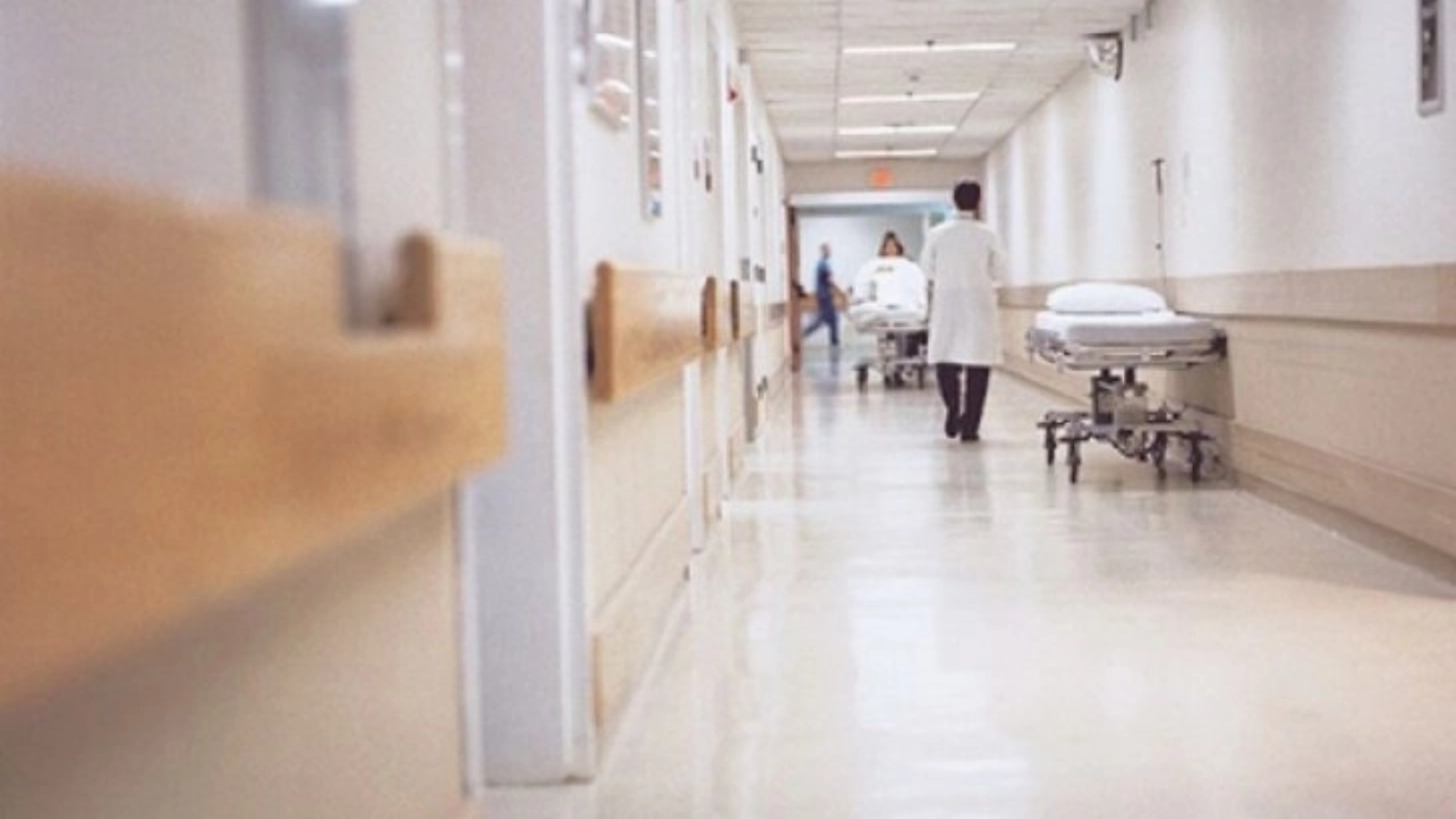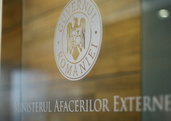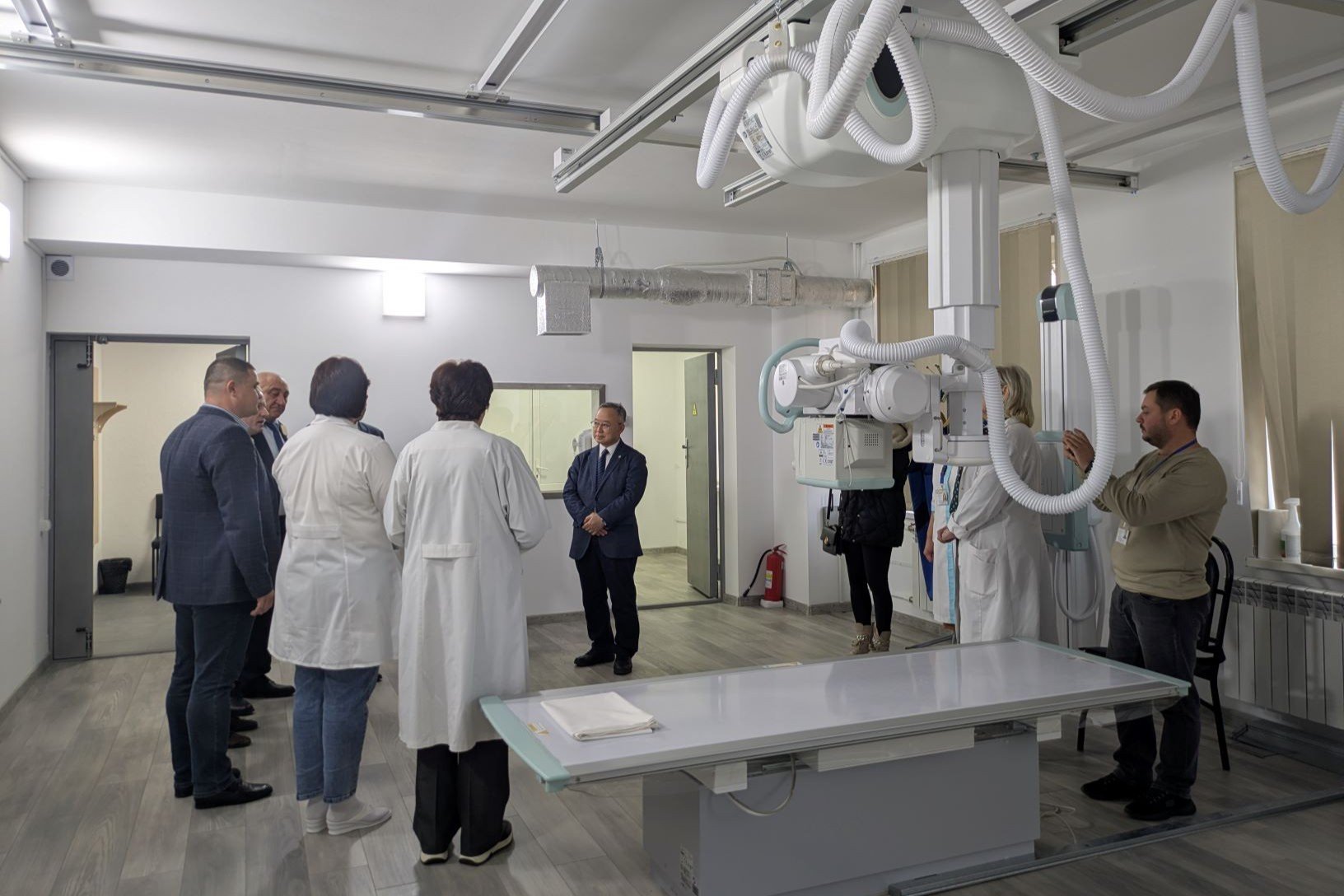The Patronage of Private Medical Services Providers (PALMED) has drawn attention to the fact that patients frequently have to pay for timely medical tests because the laboratory funding quota is exhausted within the first days of the month, while patient health issues cannot wait due to bureaucracy.
Responding to recent statements by the National Health Insurance House (CNAS) president Horatiu Moldovan, who suggested that public funds for reimbursed medical tests remain unused because some providers prefer cash payments over public funds, PALMED clarifies that Romania's healthcare system is deeply underfunded, receiving only 6.18% of GDP compared to the EU average of 10%. Moreover, CNAS funds cover only 42% of actual healthcare expenses, with the remainder supplemented by the Ministry of Health, local authorities, and patients themselves, according to a study published by Bucharest University of Economic Studies in early 2025.
According to the cited source, "various contributing factors lead patients to pay for the timely completion of medical analyses: allocated CNAS funds often exist only on paper or spreadsheets without real contract availability; when funds do reach the system, they are arbitrarily distributed rather than based on actual needs or the principle that "money follows the patient. Additionally, monthly fragmented funding blocks any strategic resource planning."
PALMED emphasizes that providers do not prefer cash payments; rather, this practice results from systemic deficiencies a survival tactic by patients navigating an underfunded, bureaucratically clogged system but still requiring healthcare access. Hence, accusations of "unused public funds" mask chronic underfunding and poor planning managed through an outdated IT platform.
PALMED remains open to "interinstitutional collaboration to benefit patients".
"The current reality shows that the budgets allocated for medical tests are not only insufficient but also distributed arbitrarily and in a fragmented manner. This situation contributes to diagnosing illnesses at advanced stages, making recovery more difficult and up to ten times more expensive. In public policy, as well as in the daily medical practice of our members, an appropriate solution or treatment starts with the correct identification of the problem and its causes. We are determined to continue the dialogue with our institutional partners and to jointly conduct an accurate assessment of the healthcare system and the challenges it faces, so that we can subsequently develop effective solutions to support patients," further affirm PALMED representatives.
































Comentează